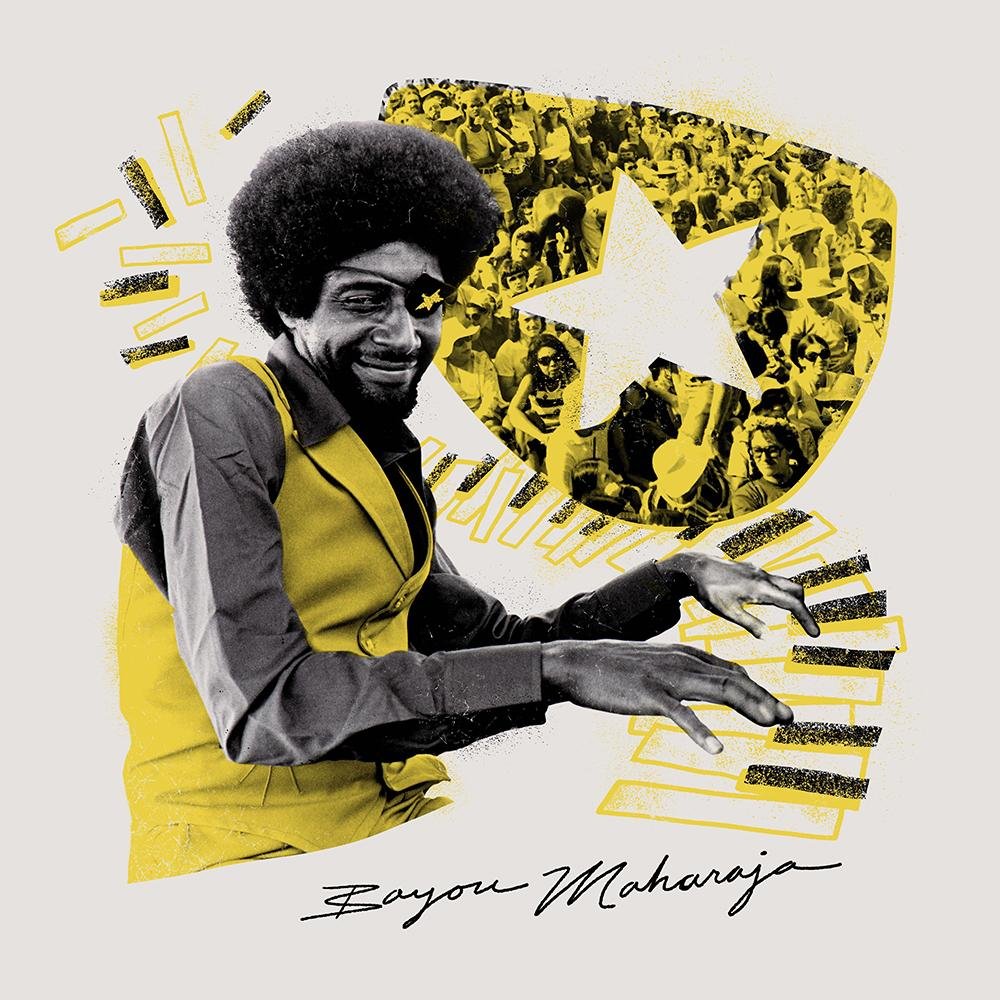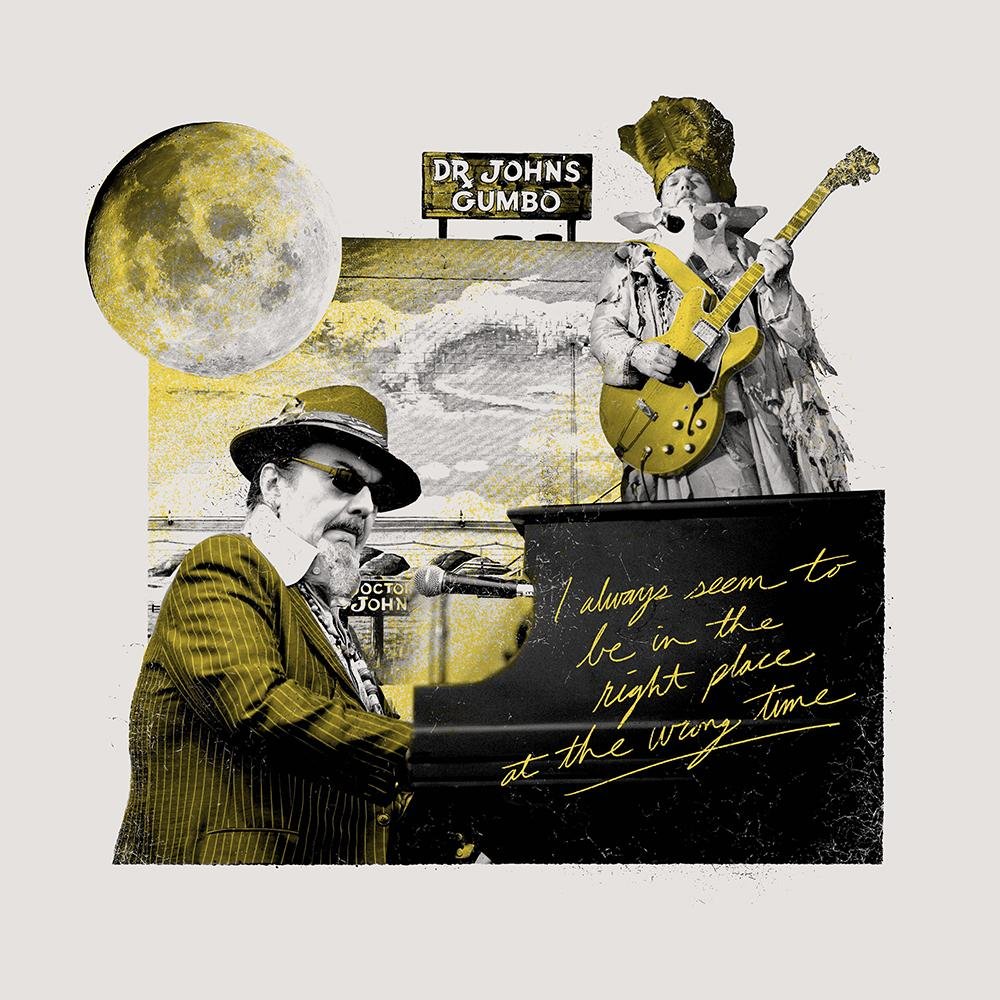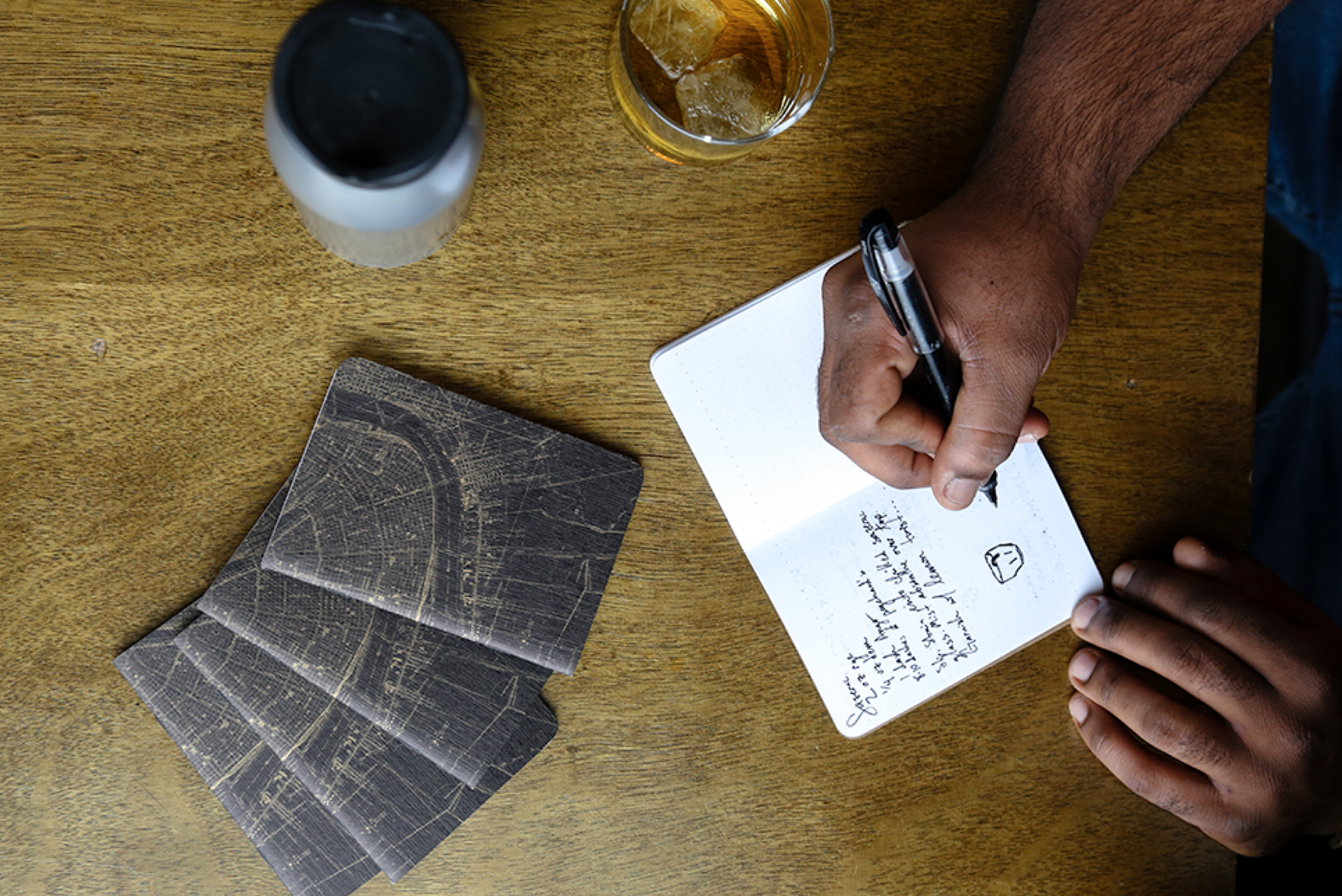“The best gay one-eyed junkie piano genius New Orleans has ever produced” is how Dr. John described James Booker. A New Orleans native, “Black Liberace” lived a life peppered with tragedy and addiction, dying at the age of 43.
A child prodigy, James was classically trained on the piano, playing Bach and Chopin with astounding expertise. During the early years of his childhood, he was struck by an ambulance, and at the age of 10, suffered a serious injury resulting in a lifelong limp. He was given morphine to manage the pain, which began a lifelong drug addiction fraught with fluctuating states of mental health.
A Flourishing Adolescence
His family wanted him to have a good education and sent James to Xavier Prep, where he formed the first of his bands Booker Boy and the Rhythmaires. During one of Booker's frequent visits to see his gospel singing sister at the radio station, the manager of the station decided to put James on-air. The producer, Dave Bartholomew, heard James and sent him an invitation to record with him at Imperial Studios. At the age of 14, Booker recorded his first single “Doing the Hambone”, making him the youngest recording artist in the label’s history.
After a brief stint in college, James returned to the music scene, playing alongside other legends like Aretha Franklin, Fats Domino, Ringo Starr, and the Doobie Brothers. His piano style was unparalleled, combining complicated classical techniques with blues and jazz.
Success In The Face Of Addiction
Heroin and cocaine abuse soon took a toll on James, resulting in possession charges and jail time. He made a deal with the District Attorney at the time, Henry Connick Sr., who put off Booker’s prison sentencing in return for his son’s piano lessons. Booker and his talents would continue to be exploited by powerful men at great personal cost.
While James struggled internally, the world could not get enough. He recorded copious works in the U.S. while battling his addiction. He once put a gun to his head mid-concert and told the crowd he would shoot himself if someone did not give him cocaine. He found staggering success in Europe, where he felt he was taken more seriously. He recorded various records and performed at Jazz festivals in France and Switzerland.
A Tragic Goodbye
When he returned to the U.S., his continued drug use caused paranoia and deep depressive states. Club owners took advantage of him by feeding his addiction while profiting from his performances. He became increasingly difficult to work with and was encouraged by friends to check in to rehab. He died of a cocaine overdose in 1983, but his effect on the music industry made him one of the most valuable figures of New Orleans’ history. His life inspired the documentary Bayou Maharajah, which can be streamed online.
The modern-day music scene in New Orleans has been greatly impacted by the COVID-19 pandemic. The Jazz & Heritage Relief Fund has been created to help combat the effects. You can donate today.








Leave a comment
All comments are moderated before being published.
This site is protected by hCaptcha and the hCaptcha Privacy Policy and Terms of Service apply.